Boost Your AI Search Visibility: 5 Essential Factors for UAE Businesses in 2026. The digital landscape in the UAE is rapidly evolving, and artificial intelligence is transforming how customers discover businesses online. Traditional search engines like Google are no longer the only game in town. AI-powered search platforms such as ChatGPT, Perplexity, Google’s AI Overviews, and Bing Copilot are changing how people find information and make purchasing decisions. An AI brand visibility tool optimize for AI search toolkit
AI Search Visibility: For UAE businesses, understanding AI search visibility is no longer optional—it’s essential for staying competitive in 2025 and beyond. Whether you’re a startup in Dubai’s Internet City or an established enterprise in Abu Dhabi, optimising your AI searches can dramatically increase your online presence and customer acquisitions.
This guide explores five proven factors that will help your UAE business boost its AI search visibility and dominate the new era of search.
AI Search Visibility in the UAE Market
Before discussing these factors, it’s important to understand why AI search optimisation is different from traditional SEO. Generative AI platforms don’t just crawl and index web pages—they understand context, synthesise information from multiple sources, and provide conversational answers to user queries. AI visibility tool
AI Search Visibility: The UAE’s tech-savvy population is rapidly adopting these AI-powered search tools. According to digital trends in the region, conversational AI search is becoming the preferred method for finding business services, particularly among younger demographics and professionals.
Factor 1: Create Authoritative, Structured content.
AI content optimisation begins by creating high-quality, well-structured content that AI models can easily understand and refer to. Unlike traditional SEO, where keyword stuffing might have worked, AI search engines prioritise authoritative, comprehensive content.
Best practices for UAE businesses:
- Use clear headings (H2, H3) that answer specific questions
- Include relevant statistics and data about the UAE market
- Structure information in logical, scannable formats
- Provide expert insights specific to your industry
AI platforms, like ChatGPT, favour content that demonstrates expertise and answers users’ questions thoroughly. If you’re a financial services company in the Dubai International Financial Centre, for example, your content should reflect profound knowledge of UAE regulations and local market conditions.
Factor 2: Optimise for Conversational Queries and Voice searches.
Voice search optimisation is critical for AI search visibility because most interactions are conversational. Users ask questions naturally, like, “What’s the best IT service company in Dubai?” rather than typing, “Dubai IT Services.
Implementation strategies:
- Write content that answers common questions in your industry
- Use natural language and long-tail keywords
- Include FAQ sections that mirror how customers actually speak
- Focus on local intent with UAE-specific queries
The UAE has one of the highest smartphone penetration rates globally, with the Telecommunications and Digital Government Regulatory Authority reporting widespread adoption of voice-enabled devices. This makes conversational AI search optimisation particularly valuable for local businesses.
Factor 3: Build Digital Authority with Quality Backlinks
AI Search Visibility: Generating engine optimisation heavily depends on source credibility. AI models tend to prefer content from websites with strong authority signals, including high-quality backlinks from trusted sources.
For UAE businesses:
- Seek partnerships and mentions on the UAE government’s websites.
- Participate in the official business directories that the Dubai Economy and Abu Dhabi Department of Economic Development maintain.
- Engage in partnerships with well-established UAE institutions and industry bodies.
- Make sure to register your business with the UAE Ministry of Economy.
Official government resources, such as the UAE Government Portal and regulatory bodies like the Telecommunications and Digital Government Regulatory Authority, provide valuable authority signals when they reference or link to your business.
Factor 4: Leverage Structured Data and Schema Markup
AI-powered search engines excel at understanding structured data. Implementing proper schema markup helps AI models accurately interpret your business information, services, and content.
Essential schema types for UAE businesses:
- LocalBusiness schema with UAE address and contact details
- FAQ schema for common customer questions
- Review schema to showcase customer testimonials
- Service schema detailing your offerings
Structured data acts as a translation layer between your website and AI platforms, making it easier for search engine AI to categorise and recommend your business when relevant queries arise.
 Factor 5: Maintain Active Digital Presence Across Platforms
Factor 5: Maintain Active Digital Presence Across Platforms
AI search visibility isn’t limited to your website. AI models gather information from multiple digital touchpoints, including social media, business directories, review platforms, and industry publications.
Multi-platform strategy for UAE businesses:
- Keep Google Business Profile updated with accurate information
- Maintain active presence on LinkedIn, particularly important in the UAE’s B2B landscape
- Engage on industry-specific platforms relevant to your sector
- Respond to reviews and maintain a positive online reputation
- Publish thought leadership on Medium, LinkedIn Articles, and industry blogs
The UAE’s Digital Government Strategy emphasises digital transformation, and businesses that maintain comprehensive digital footprints benefit from increased AI SEO strategies’ effectiveness.
The Future of AI Search in the UAE
As the UAE continues its journey toward becoming a global AI hub, AI search optimisation will only grow in importance. The government’s investment in artificial intelligence infrastructure, combined with the population’s high digital adoption rate, creates a unique environment where early adopters of generative engine optimisation will gain significant competitive advantages.
UAE businesses that implement these five factors today will be well-positioned to capture market share as more customers shift to AI-powered search platforms. The key is to start now—building authority, creating quality content, and optimising your digital presence takes time, but the long-term benefits for your AI search visibility are substantial.
Whether you’re targeting local customers in the Emirates or positioning your UAE-based business for regional expansion, mastering these AI-powered search optimisation factors will help you stay ahead in an increasingly AI-driven digital marketplace.

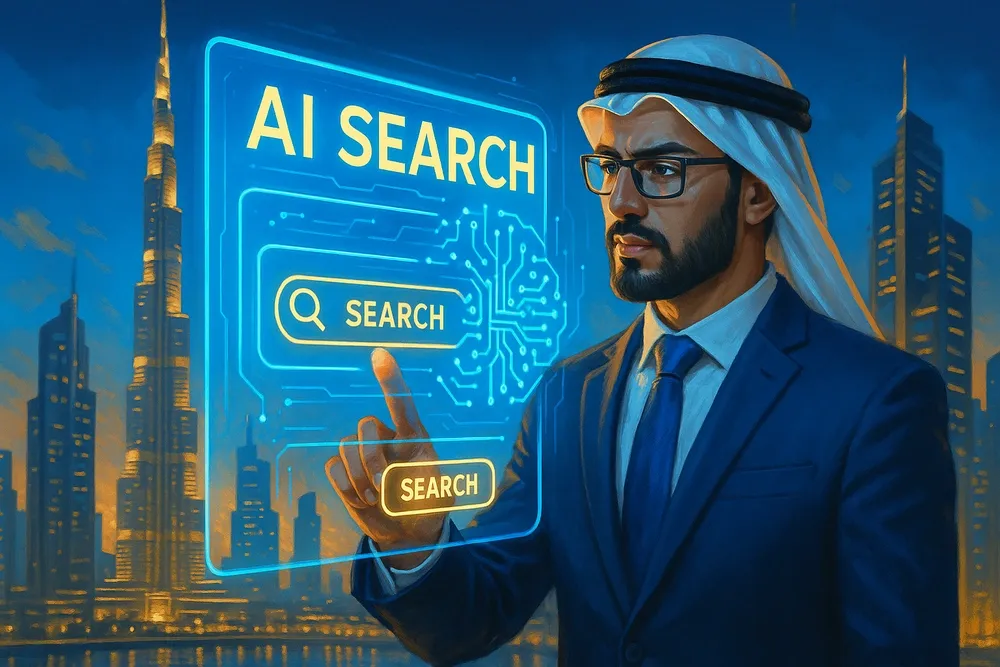
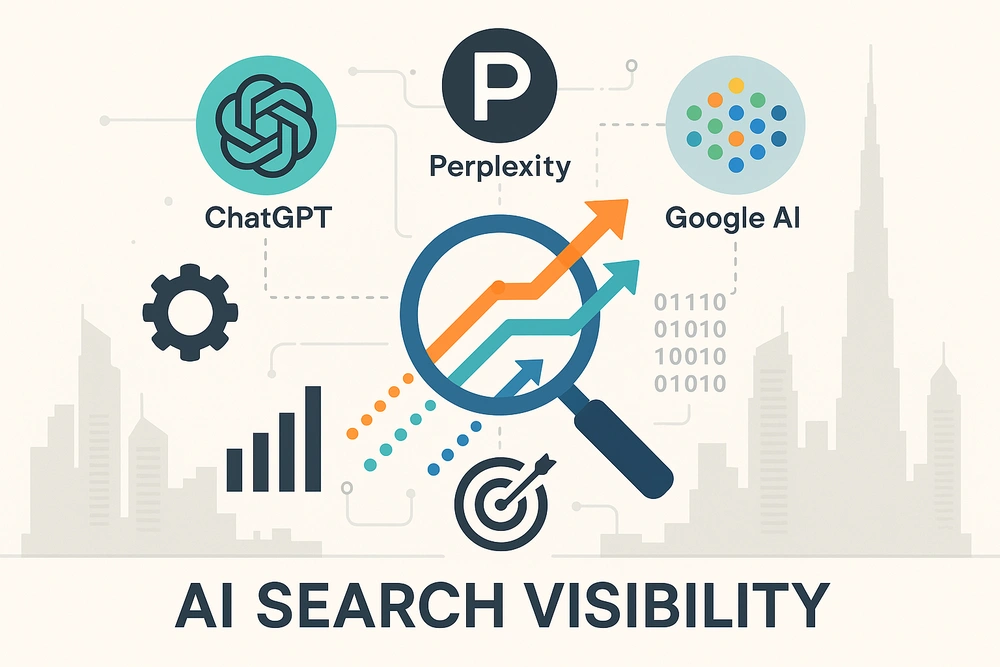 Factor 5: Maintain Active Digital Presence Across Platforms
Factor 5: Maintain Active Digital Presence Across Platforms
 Auto-Apply AI Tool: The Future of Application Efficiency
Auto-Apply AI Tool: The Future of Application Efficiency
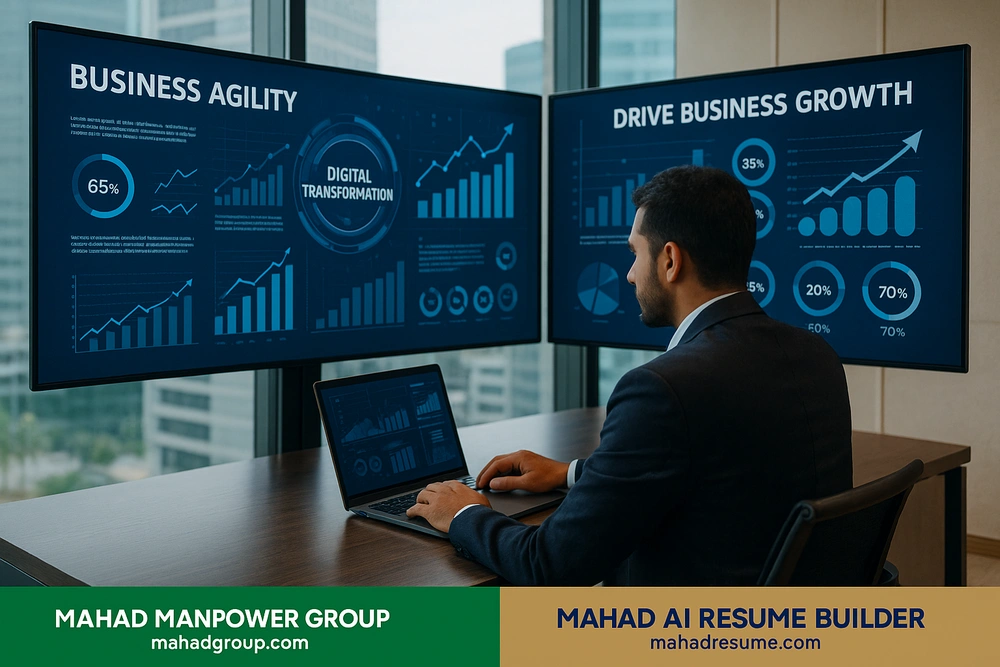 6. Attracted by Winning
6. Attracted by Winning

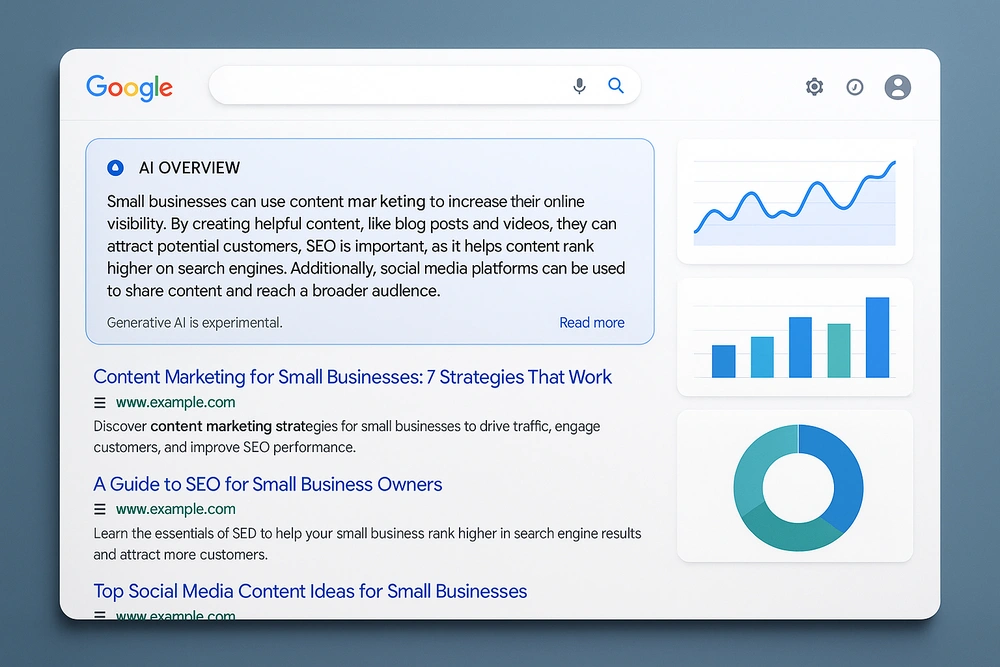
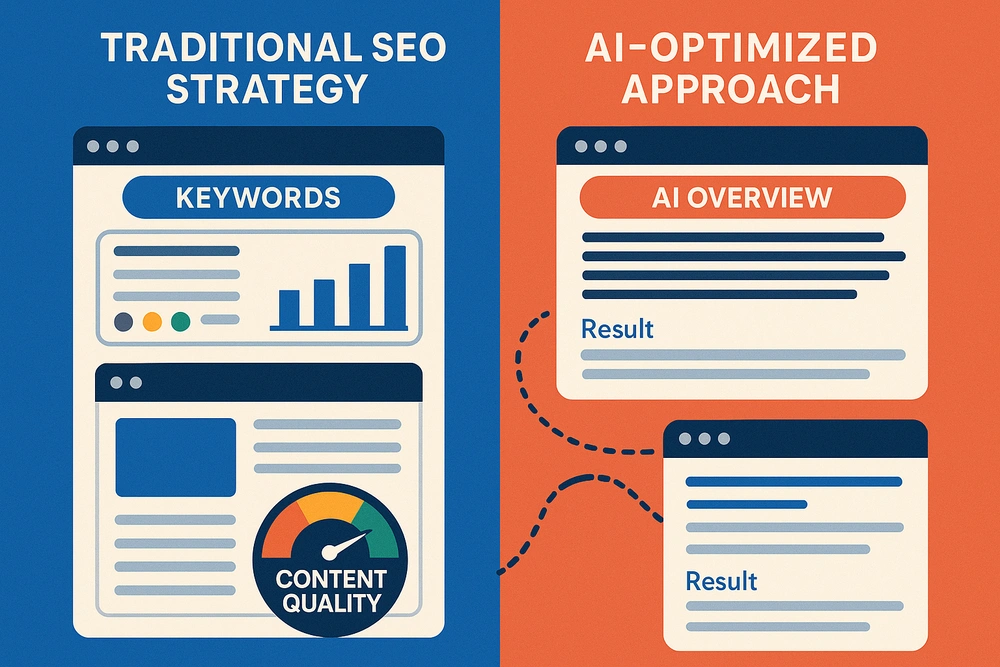 Adapting Your Content Strategy
Adapting Your Content Strategy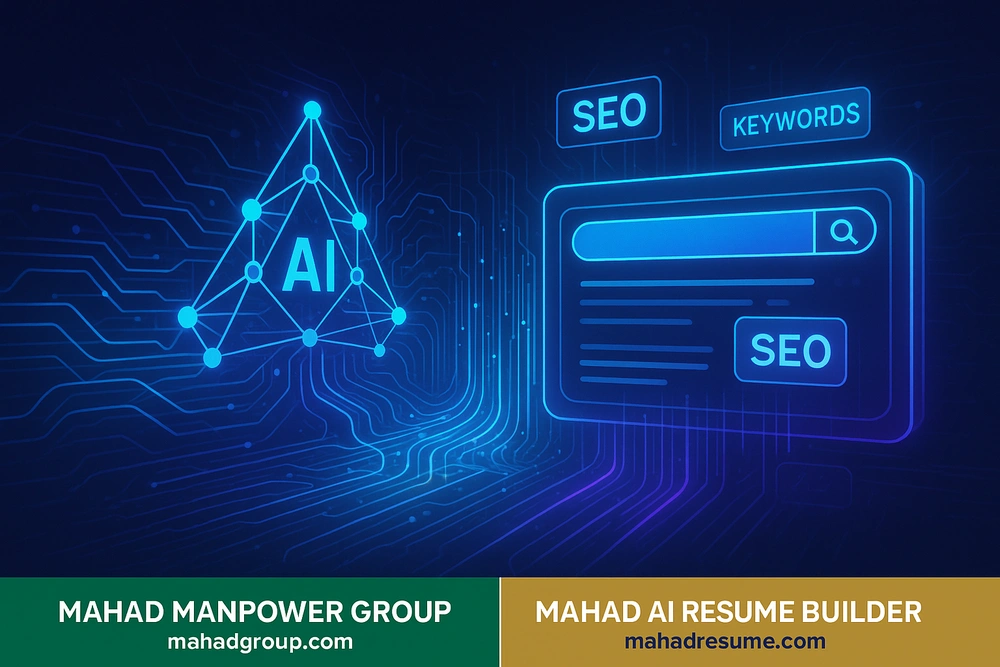
 Successfully navigating the AI future of SEO requires a multi-faceted approach: Aifirst search will chatgpt replace
Successfully navigating the AI future of SEO requires a multi-faceted approach: Aifirst search will chatgpt replace
 How To Use ChatGPT To Learn High-Income Skills Effectively
How To Use ChatGPT To Learn High-Income Skills Effectively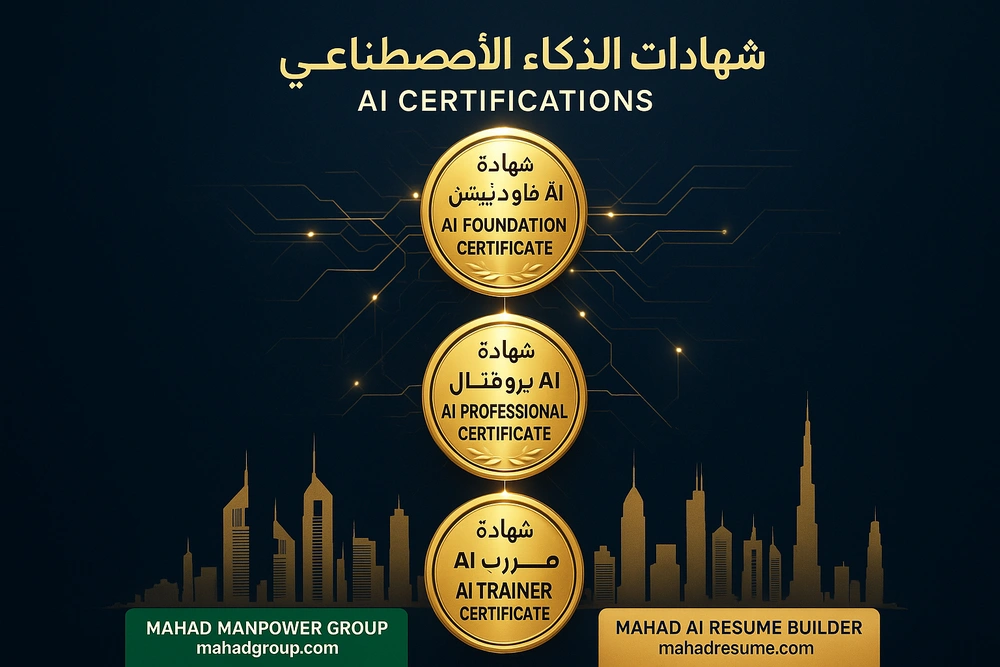
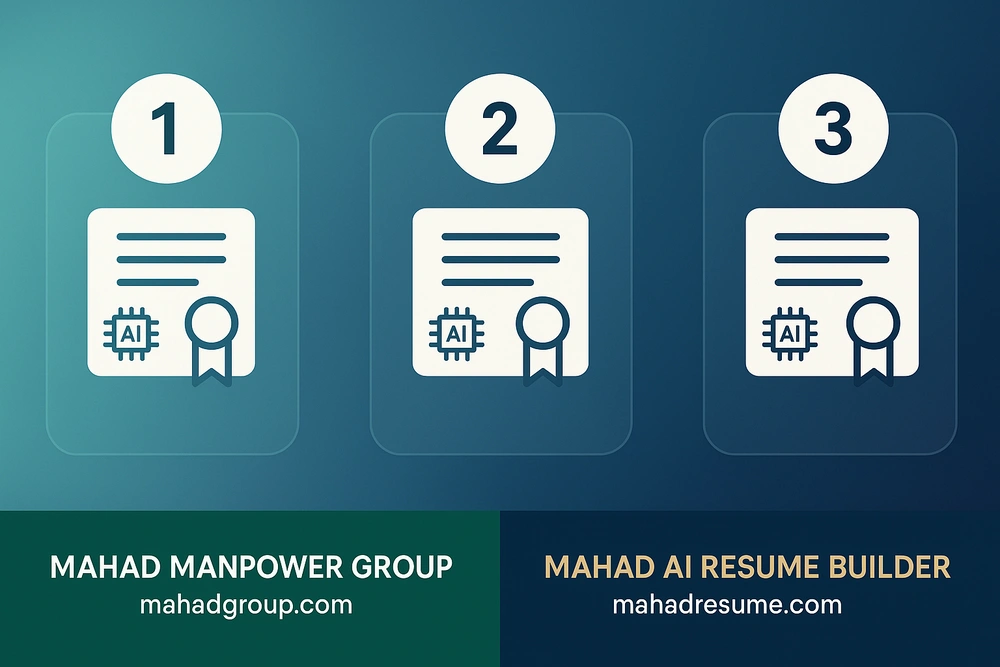 1. Google AI Essentials Certificate
1. Google AI Essentials Certificate
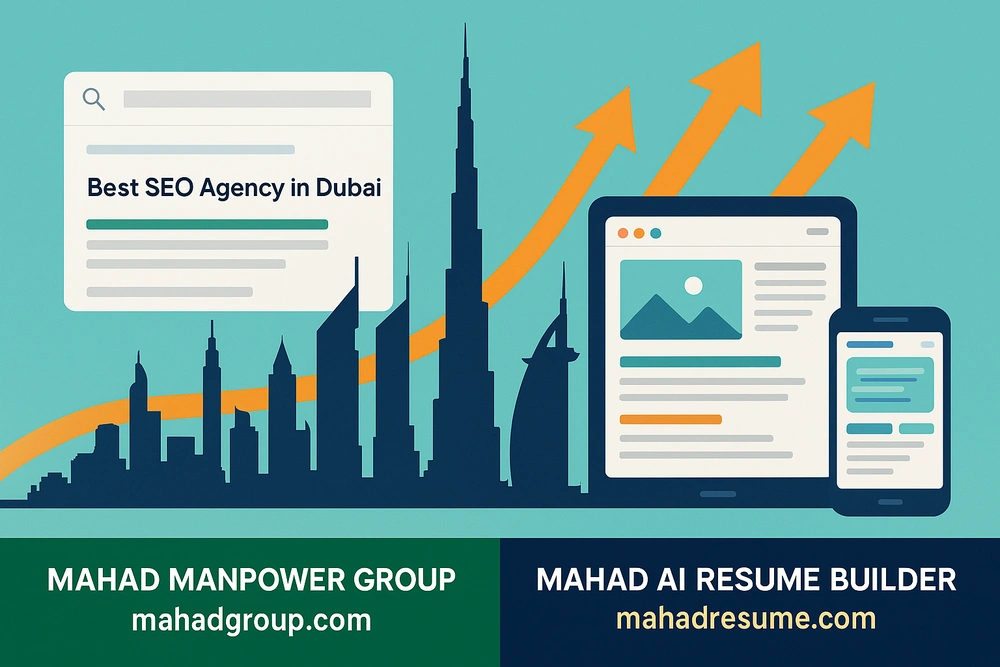 Why Location Matters: SEO United Arab Emirates
Why Location Matters: SEO United Arab Emirates